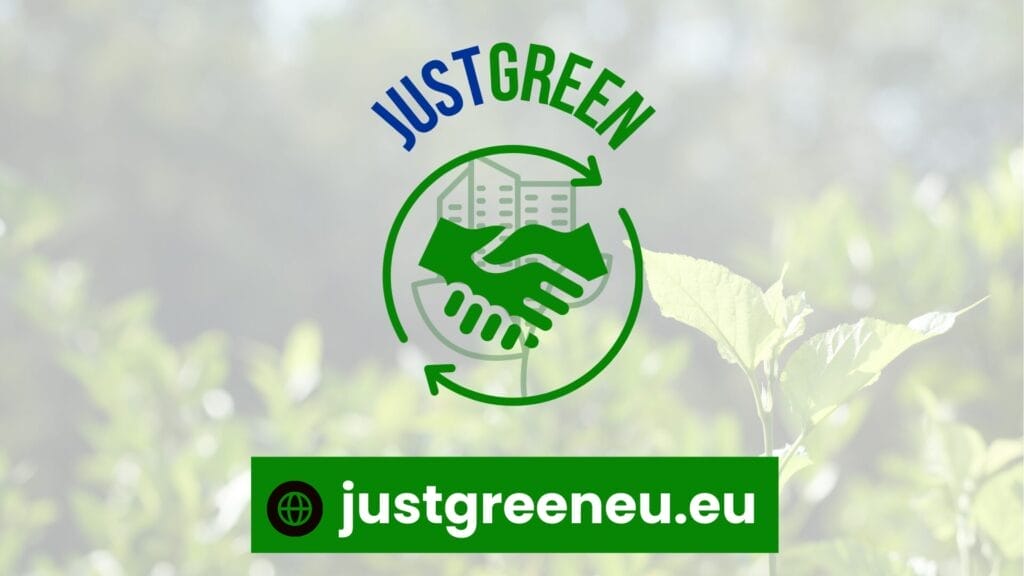
JustGreen
More info 1. 6. 2026
1. 6. 2026
JustGreen project aims to engage the V4 citizens in debates and other forms of public engagement around decarbonization in three areas that are intimately linked to their everyday lives: housing, transport, and the job market. The public engagement activities, along with the ancillary research, shall pinpoint specific obstacles citizens and communities encounter when implementing climate-friendly steps or adapting to the EU decarbonization policies.
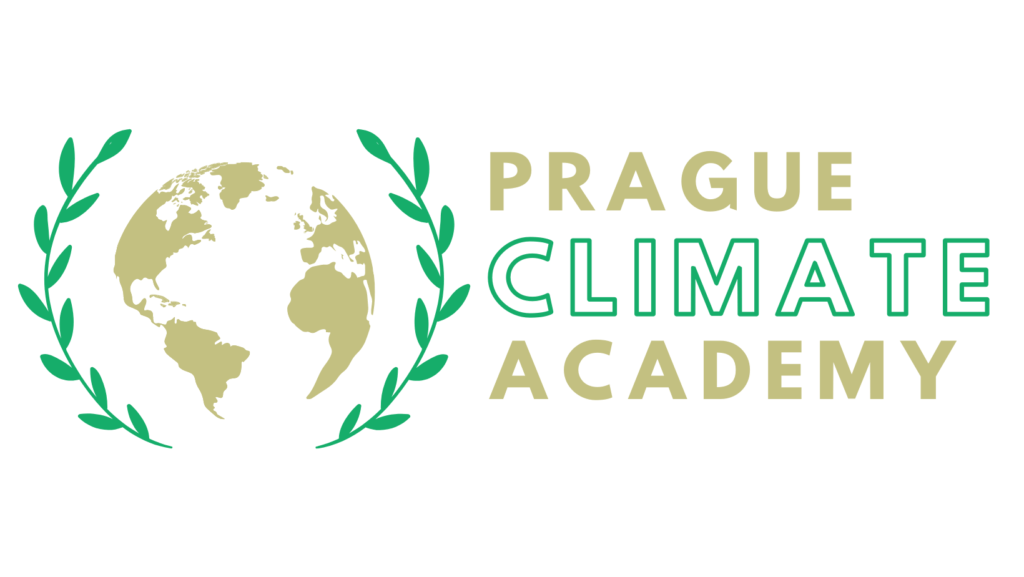
Prague Climate Academy
More info 1. 10. 2025
1. 10. 2025
In 2023, the Green Europe Team of the Institute for European Policy EUROPEUM started a series of debates focused on communicating the topic of green transformation to the Czech public. The aim is to develop public debate and support journalists and civil society in informed discussions about climate change and climate policies. In its first year, the Prague Climate Academy focused on sustainability in transportation (decarbonizing road transport in connection with electromobility and the sustainability of transportation in Prague). In 2024, it continued with the topic of adapting cities to climate change and discussing the impacts of heatwaves on cities. The year 2025 brings the perspective of resilience, with a discussion of current trends in global temperature rise and extreme weather events, including their impacts on urban infrastructure and public health.

Green Broadcast
More info 31. 8. 2025
31. 8. 2025
The project Green Broadcast was launched on 1 January 2025 and will be ongoing until 31 August 2025.
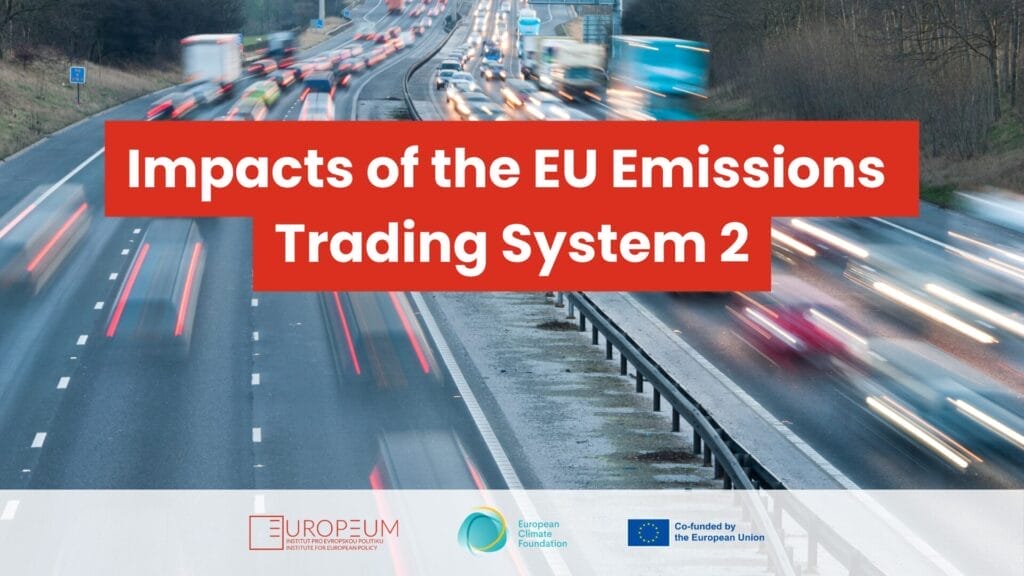
Impacts of the EU Emissions Trading System 2
More info 31. 3. 2025
31. 3. 2025
This project examines the potential impacts of the EU Emissions Trading System 2 (ETS2) on Europe’s most vulnerable households, with a particular focus on mitigating risks that could lead to public resistance against the EU’s transport decarbonization policies. Its activities aim to contribute to the mainstreaming of the concept of transport poverty, its causes and solutions, in the Czech context.
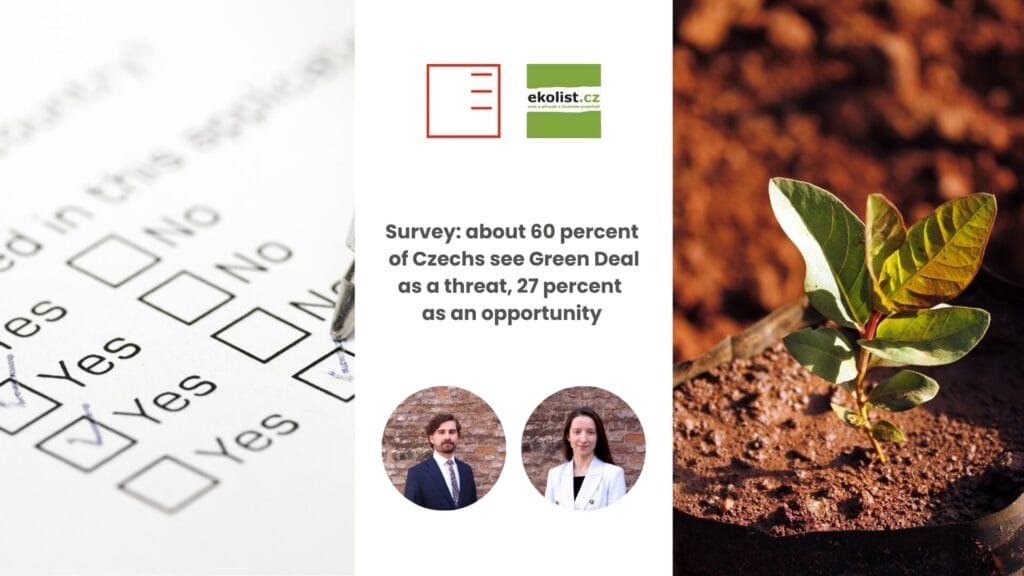
Ekolist.cz | Survey: About 60 percent of Czechs see Green Deal as a threat, 27 as an opportunity
More info 5. 3. 2025
5. 3. 2025
Almost 60 % of Czechs see the Green Deal as a threat, while 27 % see it as an opportunity. This is according to a survey conducted by STEM and the Europeum Institute for European Policy. The Green Deal has become a brand for all climate policy, on which it is relatively easy to pile a lot of different negative aspects. Rebeka Hengalová, researcher at EUROPEUM, and Viktor Daněk, deputy director of the Institute, commented for Ekolist.cz.
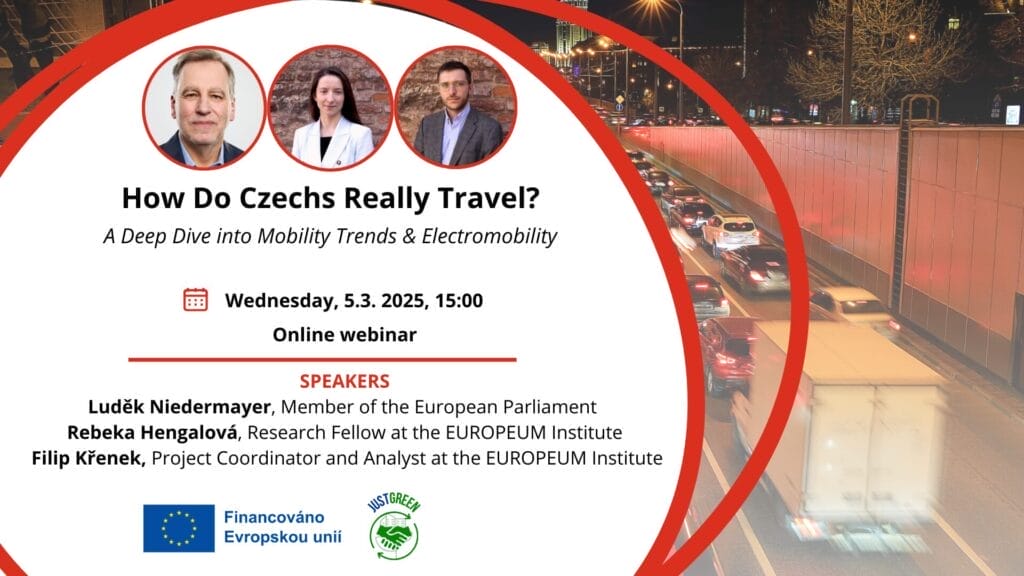
Online webinar: How Do Czechs Really Travel?
More info 5. 3. 2025
5. 3. 2025
What truly matters when choosing how we get around? How do Czechs prefer to travel, and what’s stopping them from switching to electric cars? Join us for a live talk-show-style webinar where we’ll present fresh data on Czech mobility habits. We’ll explore:
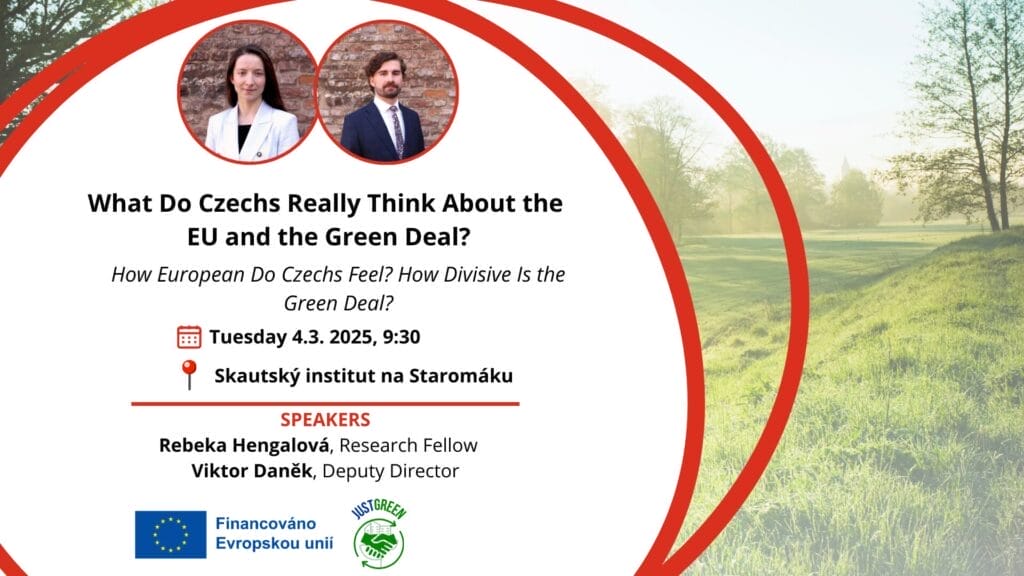
Media briefing: What Do Czechs Really Think About the EU and the GreenDeal?
More info 4. 3. 2025
4. 3. 2025
EUROPEUM is inviting you to the media briefing where we unveil fresh
research insights into the evolving attitudes of Czechs toward the European
Union and climate policies.
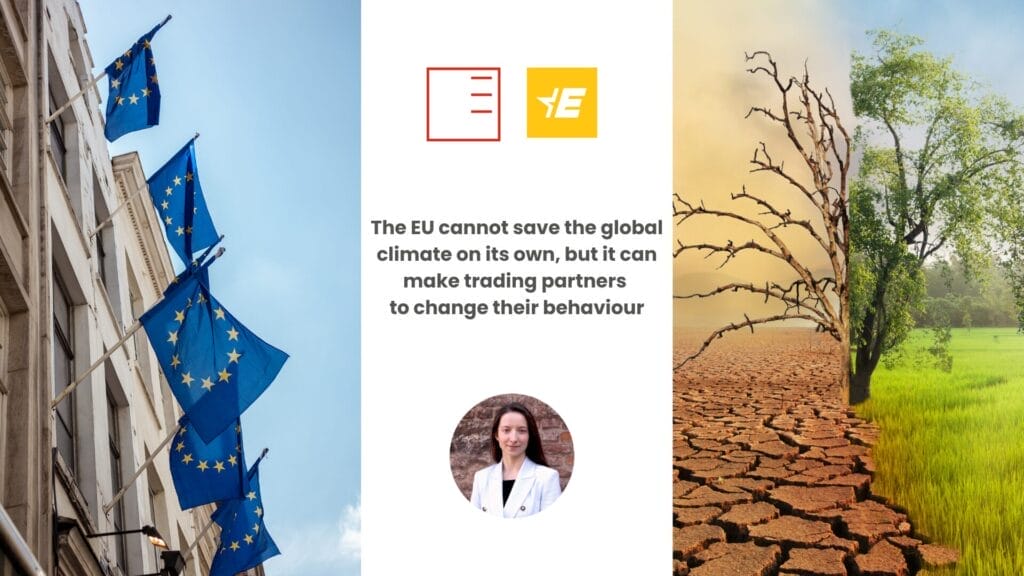
Euractiv.cz | The EU cannot save the global climate on its own, but it can make trading partners change their behaviour
More info 4. 2. 2025
4. 2. 2025
The arrival of Donald Trump as President of the United States of America sends a negative message to the global climate, yet Europe should continue its efforts. These were the conclusions reached by experts during a discussion on climate policy organised by Euractiv.cz.
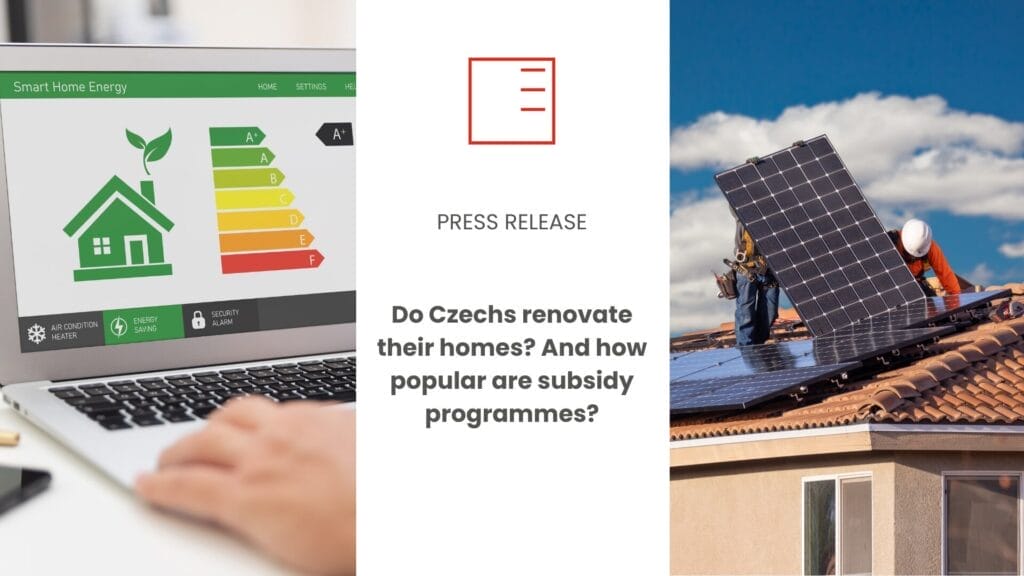
Press Release | Do Czechs renovate their homes? And how popular are subsidy programmes?
More info 29. 1. 2025
29. 1. 2025
On Wednesday 29 January 2025, EUROPEUM Institute for European Policy in cooperation with the Institute of Empirical Research STEM organized a presentation of new data for the media on the topic "How will the Green Deal affect housing in the Czech Republic and how popular are the Czechs with subsidy programmes so far? Research results on the possibilities of environmentally friendly renovation of buildings in the Czech Republic."
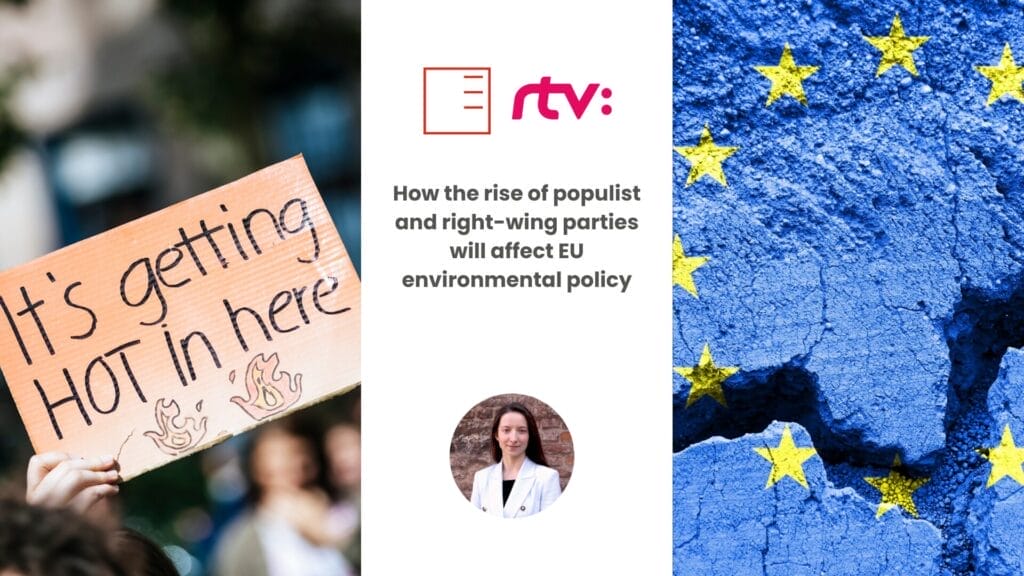
STVR | How the rise of populist and right-wing parties will affect EU environmental policy
More info 23. 1. 2025
23. 1. 2025
In recent years, we have seen a rise in the influence of populist and right-wing parties across Europe, raising questions about the future direction of EU politics. What impact might their strengthening position have on environmental priorities? Will the EU's climate targets be slowed down or will new approaches emerge? Rebeka Hengalová, a research fellow at EUROPEUM Institute, commented for Slovakian radio STVR.
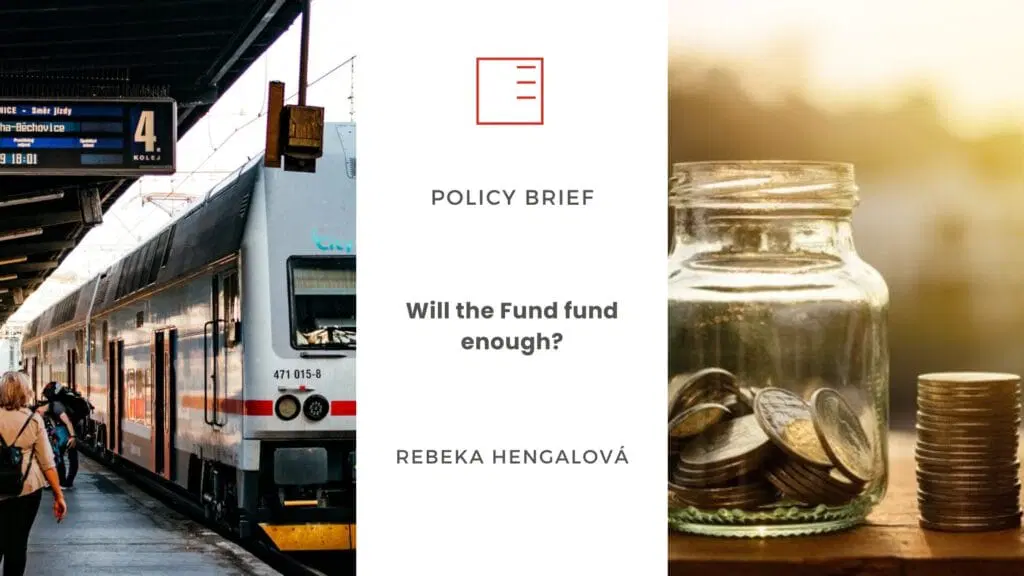
Policy Brief | Will the Fund fund enough?
More info 31. 12. 2024
31. 12. 2024
There is a plethora of ways in which the ETS2 revenues and Social Climate Fund financing can support decarbonisation among lower-income strata, accounting for differing needs of communities, regions and countries. When addressed in a timely manner, these initiatives can both serve the green and just transition. How exactly can the Fund be allocated and what are its capacities are the guiding questions of this policy brief, written by Rebeka Hengalová as part of the Think Visegrad research fellowship.
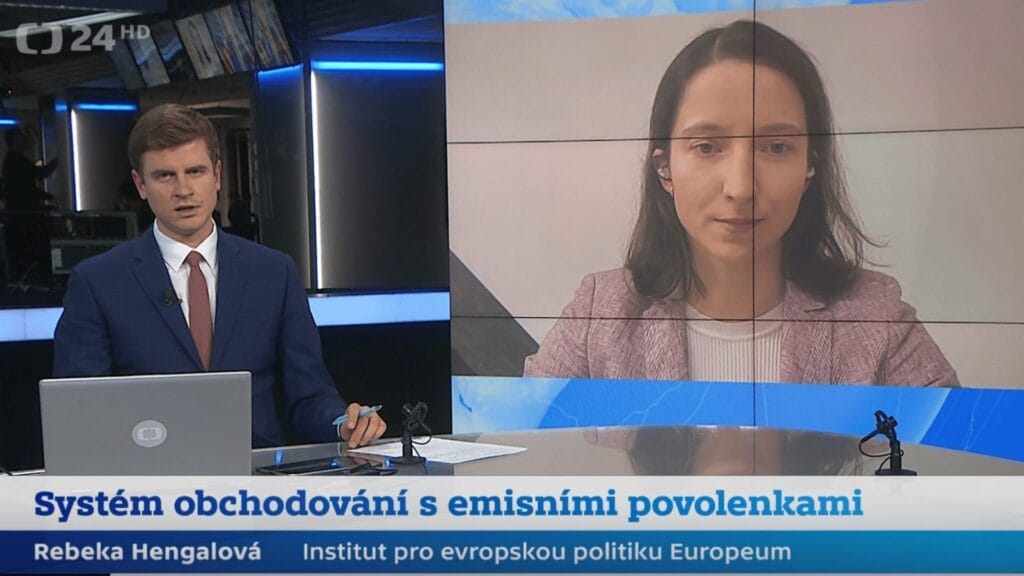
ČT24 | Government aims to postpone and modify the new emissions trading system
More info 16. 12. 2024
16. 12. 2024
Environment Minister Petr Hladík is heading to Brussels to negotiate a postponement of the proposed ETS2 directive, which introduces a new emissions trading system. The government is seeking not only to postpone the directive but also to amend it to strengthen consumer protection. EUROPEUM Institute analyst Rebeka Hengalová commented for ČT24.